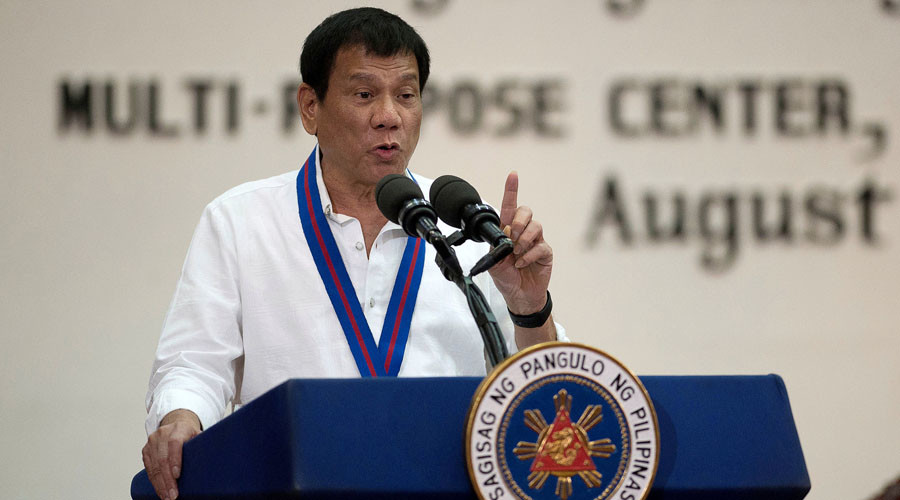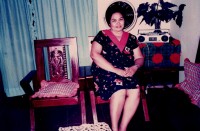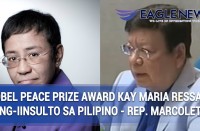QUEZON City, Philippines (August 30) – Call it Phexit or what-have-you, our country is now facing the possibility of leaving the UN.
Or so many thought, with newspapers even making this announcement of President Rodrigo Duterte as their banner story
The President threatened the august international body of separation in response to the United Nations’ criticism regarding his administration. The President made the announcement in response to a statement from United Nations Special Rapporteurs Agnes Callamard and Dainius Puras calling on the Philippine Government to stop the extra-judicial killings of persons who are allegedly involved in illegal drugs.

For President Duterte it is better for the Philippines to leave the UN if it does not stop criticizing our country. President Duterte added that instead of criticisms, the UN should just help the Philippines.

If ever the Philippines leave the United Nations, what could be the possible alternatives?
President Duterte said that he is entertaining the idea of forming another international organization along with China, Africa and Middle Eastern countries. Such statement may indicate how serious the President is in his consideration of leaving the international body.
He even added that the UN should return the country’s contributions to its funds. The refund could be used to build numerous rehabilitation centers.
Finally, he invited UN Special Rapporteurs Agnes Callamard and Dainius Puras to personally speak to him so that they can clear out the criticisms and judgments made against his administration.
The statement received a deluge of negative comments of La Niñan proportions.
One of the major collective opinions is that the Philippines needs the UN as the drama of the West Philippine Sea territorial dispute continues to unfold.

Others said that it is wrong to react that way towards the entire UN organization as the ones who criticized the Duterte administration were the Special Rapporteurs only.
On the other hand, the President also has many supporters. According to them, President Duterte is known for being frank and the statement may have only been uttered at the heat of the moment.
Others expressed the wish for a crime-free country, something that they believe only President Duterte can do as he has the track record to show for it during his administration in Davao City.
Other presidential defenders round up by adding that it is better to kill criminals than for the criminals to kill innocent people as well as saying that the police are not behind the killings that they only kill drug suspects if said suspects violently resist arrest.
But then, when almost everybody had been hyped up about the remark of the UN exit, the President then told reporters that it was just a joke.
It was on Sunday, August 21, when he threatened to pull out of UN during a dawn press conference in Davao City. But two days later on August 23, he said this was just a “joke.”
“Can’t you take a joke?” he said when asked by reporters if he was serious in making this threat.
Duterte and his aides had previously cautioned reporters not to take everything the President says at face value. Presidential Spokesman Ernesto Abella, when sought to explain about the President’s remarks, said that Duterte’s humor and abusive comments were because he was Cebuano, referring to people from the central and southern Philippines. “The Cebuano subculture speaks in a very rough kind of humor,” Abella said.
The President’s remarks had put many in a tailspin. Be that as it may, the crux of his remark on the Philippines leaving the UN issue is diplomacy.
Now that he is the President of the Republic of the Philippines, many are advising Duterte to be more circumspect, diplomatic and dignified with his statements.
After all, in an age where a nobody can be an international sensation just by the click of a button, what more if you are the President of one of the countries that signed the original UN Charter?
(written by Allysa Ruiz, edited by Jay Paul Carlos, DCY, additional research by Vince Alvin Villarin)








